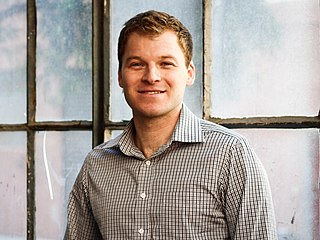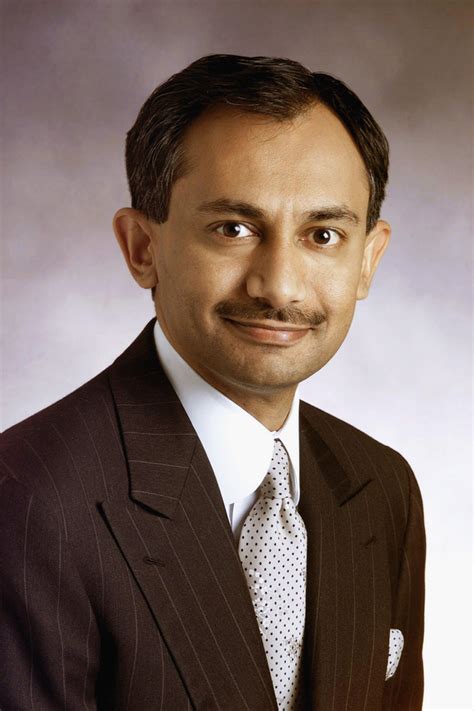A Quote by Sam Altman
In the early days of a startup, people's compensation is whatever you negotiate with a founder and it's all over the place.
Related Quotes
Have you ever thought about why, all over the world, in every culture, in every society, there are a few days in the year for celebration? These few days for celebration are just a compensation - because these societies have taken away all celebration in your life, and if nothing is given to you in compensation, your life can become a danger to the culture. Every culture has to give some compensation to you so that you don't feel completely lost in misery, in sadness. But these compensations are false.
Every entrepreneur faces trade-offs when founding and growing their company. As we discovered at YouTube, those early decisions have far-reaching impacts and lead to unforeseen pitfalls down the road. Noam Wasserman uses vivid anecdotes and deep research to expertly outline the key early choices that define a startup, making The Founder's Dilemmas an invaluable alternative to real-world trial and error.
I've been very fortunate to be at the startup of a lot of different things. I was the startup of the Pancrase organization in Japan. Became a big figure over there. Then I was in the UFC and was at the startup of that, and I was a big figure in that. Twice. Not only in the beginning but also when it was taken over.
For a long time, I've ranted against naming your startup community 'Silicon Whatever.' Instead, I believe every startup community already has a name. The Boulder startup community is called Boulder. The L.A. startup community is called L.A. The Washington D.C. startup community is called Washington D.C.
Google is a place filled with open-minded, innovative people from all over the world. It's a fun place to work, and it's a place where different kinds of skills come together. As we grew from a startup, I remember our founders saying that people don't want us to change our culture, but we need to keep making it better. It's an attitude: "We are the ones we've been waiting for." Silicon Valley in general, tech in general, means using technology to solve big problems in the world.
I was aware, in those early days of motherhood, that my behaviour was strange to the people who knew me well. It was as though I had been brainwashed, taken over by a cult religion. And yet this cult, motherhood, was not a place where I could actually live. Like any cult, it demanded a complete surrender of identity to belong to it.
Downtown Cairo is at the center of the city, it is a place that has to be shared between different classes. It's a place where you see the bigger picture of the city's social fabric. It's also a place where you see all the contradictions of having all these layers, classes, and differences at the same time. And this is also where they clash, and where they negotiate. They negotiate their demands, their tastes, the lifestyles they want to have. So it's a very interesting space. I think that Downtown has maintained that identity before, during, and after the revolution.



































